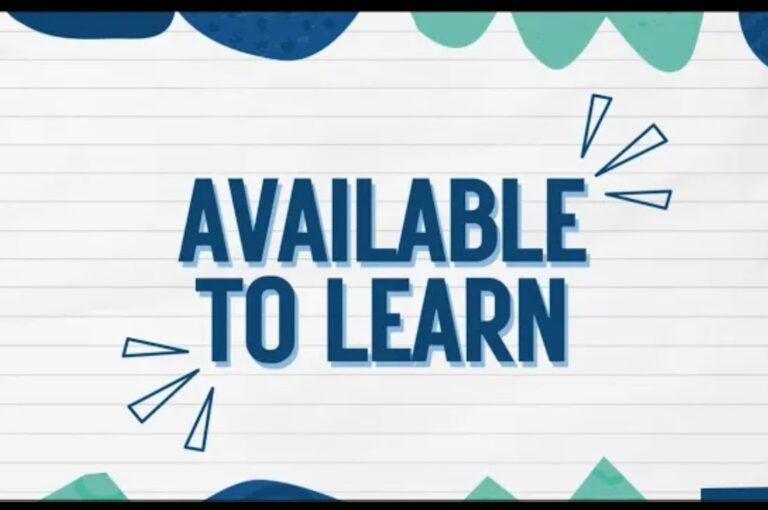Executive functioning
One of the things we need to successfully learn is something called executive functioning.
Executive functioning is your brain’s ability to pay attention, plan and organize, start and
complete tasks, and manage emotions.
Sometimes, even when we want to focus, our brains can do funny things—like daydream, zone
out, blurt things out, or forget to be prepared for class. This is normal! But by understanding how
our brains work, we can better understand why these things happen and what we can do to
improve.
Organizing Yourself
Some ways to organize ourselves and our materials this can be:
- Colour-code your materials: For example, math materials could be blue, while English
materials could be green. This helps you quickly find what you need. - Use a 3-ring binder: This allows you to easily insert or remove pages and keeps everything in
one place. - Checklists: Keep a checklist in your locker for what you need for each class so you’re always
prepared. Also, have checklists/rubrics for assignments to make sure you completed
everything.
Paying attention
- Set a timer for how long you want to focus: This helps your brain know when it’s time to
work and when it’s time for a break. - Attention spot checks: Set a timer to go off during class, and when it does, ask yourself:
- “Am I paying attention right now?”
- “Am I listening to the teacher?”
- “Am I doing the task I should be doing?” “Or am I off-task and distracted?”
The Challenge of Boring tasks
Sometimes, it’s harder for our brains to focus on tasks that we find boring or difficult, like doing
assignments, listening in class, or completing homework. Our brains naturally prefer enjoyable,
fun activities.
We still need to do the things we don’t want to do! Often, we try to avoid these tasks and in class
we might ask to leave the room to get materials or go to the bathroom, we might daydream, or
chat with our friends. When you notice yourself trying to avoid work, stop and ask:
- “Am I doing this to avoid work?”
- “Does this task need to be done right now, or can it wait?”
- “What will I miss if I leave now?”
Even though it might seem easier to avoid these tasks, the longer we delay, the harder it
becomes to catch up.
Procrastination
When we put things off or procrastinate, we often end up feeling overwhelmed by everything
piling up. If we keep postponing tasks in different classes, we might forget some of them
altogether. We know homework and assignments aren’t always fun, but there are ways to make
them easier to handle.
One strategy is to give ourselves small rewards for completing tasks. For example, once you
finish a paragraph of an essay, you could go for a walk, play a game, or have a snack. The key is
to choose rewards that are motivating for you. What works as a reward for one person might
not work for another, so find something that excites you! By rewarding ourselves for getting
tasks done, we can stay motivated and avoid procrastination.
Learn about smart goals and time management!





